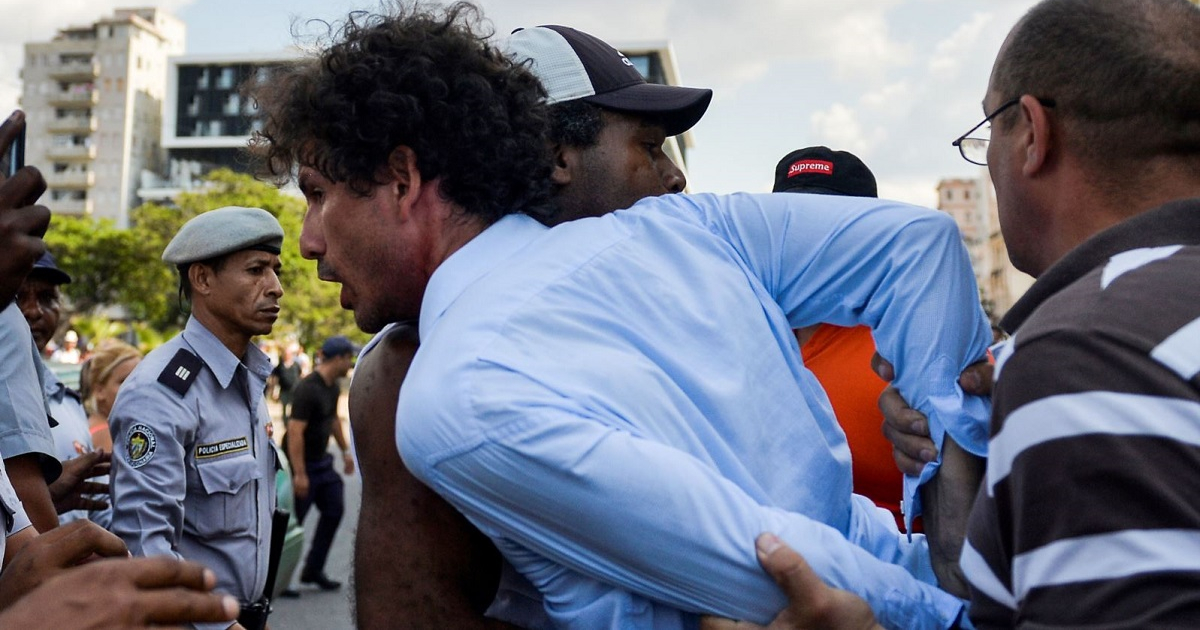
Continuing to defend freedom of the press in countries where the exercise of journalism is vulnerable, such as Cuba, Nicaragua and Venezuela, was the call with which the 75th began. edition of the General Assembly of the Inter-American Press Association (IAPA) this morning.
According toLas Americas Newspaper, the meeting took place in a room at the Biltmore hotel, in the city of Coral Gables, south of Florida. The mayor of that town, Raúl Vadés Fauli, was present there, who welcomed representatives of the American media and those from across the continent attending the forum.
He also recognized the importance of societies having a free and vigorous press.
For her part, the director of the Colombian newspaperThe country of Cali and president of the IAPA, María Elvira Domínguez, added that “the fight for freedom continues to be a daily and permanent search,” and in that sense an organization like the one she represents was significant.
Domínguez, after recognizing that 18 press professionals are murdered every year throughout the continent, admitted that journalists do not find the ideal circumstances to carry out their duties throughout the region. He also referred to the challenges that journalism is currently assuming with the changes in business models imposed by the industry.
Cuban independent media have reported several repressive actions against his exercise. One of the most recent cases is that of the Cubanet reporter,Roberto de Jesús Quiñones, sentenced to one year in prison for alleged resistance or disobedience to the authorities.
Quiñones was arrested and beaten by political police agents when he was preparing to cover the trial held against the couple of pastors Rigal-Expósito, who were put on trial for trying to educate their children at home. The journalist has also spoken ofthe poor conditions in which he is kept.
Last August, the Association for Freedom of the Press (APLP) referred to different types of attacks suffered by13 independent Cuban journalists. Among them, arrests, threats, telephone harassment, proposals for collaboration with repressive bodies and intimidating visits to their homes.
Another form of repression that the regime has adopted has been to deny departures from Cuba for events, workshops or improvement courses. These communicators appear as “regulated” by the immigration authorities. However, the Minister of Foreign Affairs,Bruno Rodriguez Grill, recently said that he was unaware of these types of sanctions.
What do you think?
COMMENTFiled in: